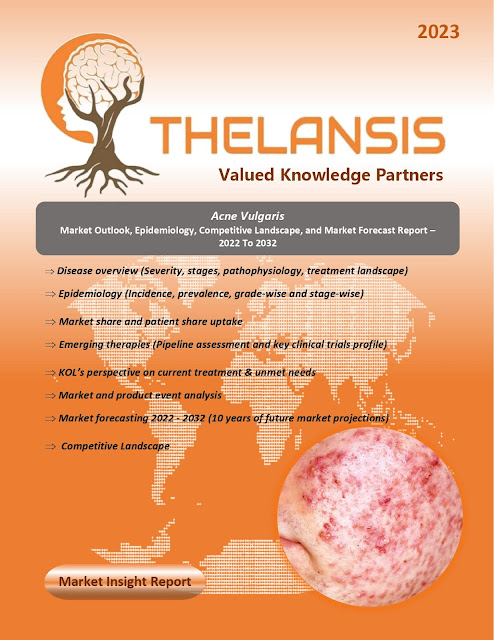Malaria – Market Outlook, Epidemiology, Competitive Landscape, and Market Forecast Report – 2023 To 2033
Malaria is an acute febrile illness that arises from the transmission of Plasmodium parasites through the bites of infected female Anopheles mosquitoes. In humans, five parasite species are capable of causing malaria, with P. falciparum and P. vivax posing the most significant risk. P. falciparum is Africa's most prevalent and deadliest parasite species, while P. vivax dominates in most countries outside of sub-Saharan Africa. The onset of malaria symptoms, which include fever, headache, and chills, usually occurs 10-15 days after the infective mosquito bite. These symptoms can be mild and difficult to recognize as malaria. However, if left untreated, P. falciparum malaria can quickly progress to severe illness and death within 24 hours. Fever is a hallmark symptom of malaria that is triggered by the release of parasites every 2 to 3 days, depending on the Plasmodium species. High parasite burdens can result in severe and life-threatening malaria, causing hemolysis and severe anemia, or end-organ damage due to vascular adherence of infected erythrocytes and micro occlusion.
- Annually, estimated 247 million cases of malaria worldwide.
Thelansis’s “Malaria Market Outlook, Epidemiology, Competitive Landscape, and Market Forecast Report – 2023 To 2033" covers disease overview, epidemiology, drug utilization, prescription share analysis, competitive landscape, clinical practice, regulatory landscape, patient share, market uptake, market forecast, and key market insights under the potential Malaria treatment modalities options for eight major markets (USA, Germany, France, Italy, Spain, UK, Japan, and China).
KOLs insights of Malaria across 8 MM market from the centre of Excellence/ Public/ Private hospitals participated in the study. Insights around current treatment landscape, epidemiology, clinical characteristics, future treatment paradigm, and Unmet needs.
Malaria Market Forecast Patient Based Forecast Model (MS. Excel Based Automated Dashboard), which Data Inputs with sourcing, Market Event, and Product Event, Country specific Forecast Model, Market uptake and patient share uptake, Attribute Analysis, Analog Analysis, Disease burden, and pricing scenario, Summary, and Insights.
Thelansis Competitive Intelligence (CI) practice has been established based on a deep understanding of the pharma/biotech business environment to provide an optimized support system to all levels of the decision-making process. It enables business leaders in forward-thinking and proactive decision-making. Thelansis supports scientific and commercial teams in seamless CI support by creating an AI/ ML-based technology-driven platform that manages the data flow from primary and secondary sources.




Comments
Post a Comment